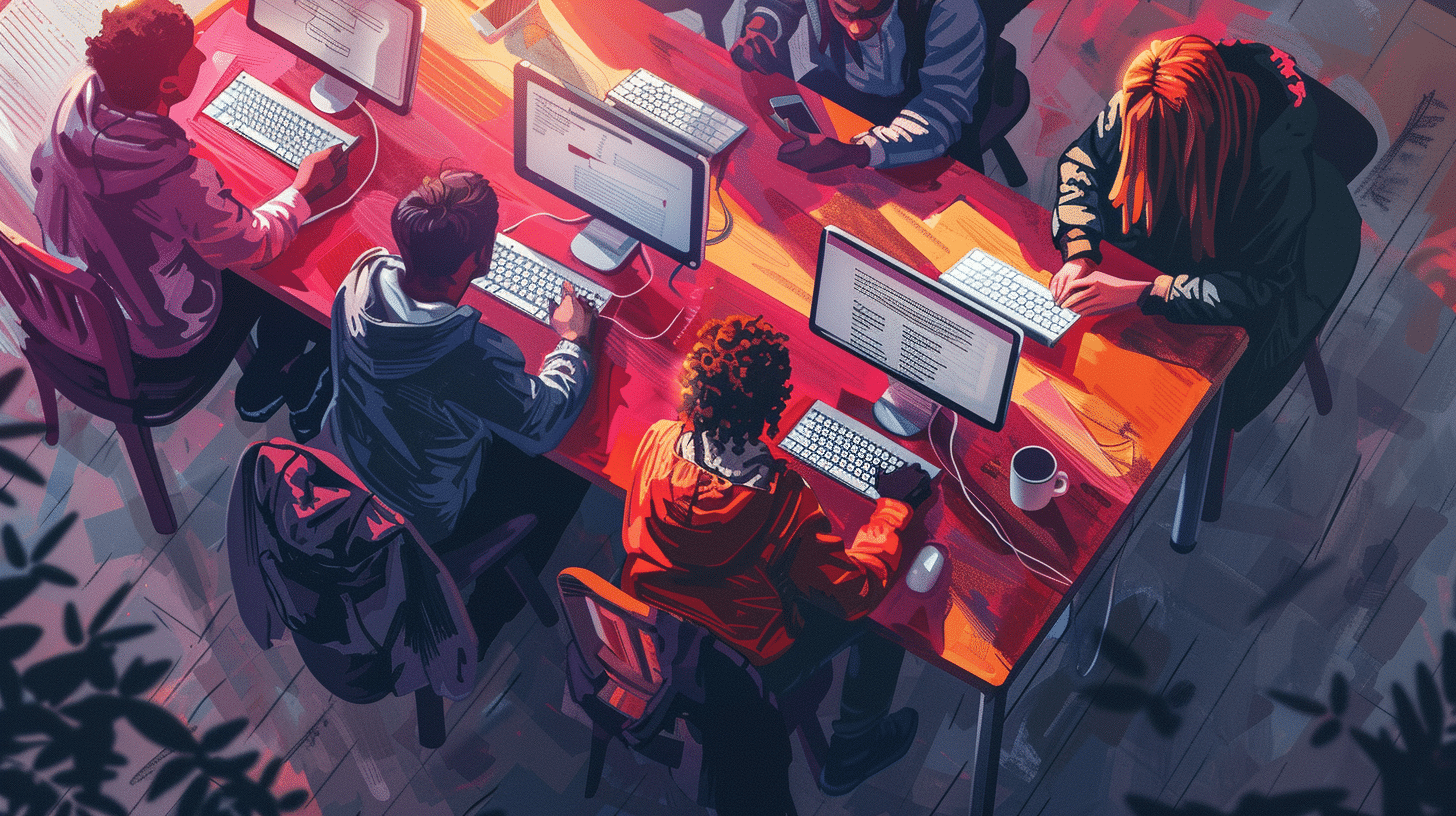When learning Chinese, it’s essential to understand not just the formal language but also the colloquial expressions, especially those used in social settings such as nightlife and entertainment. Here are some popular Chinese slang terms and phrases that will help you sound like a native speaker when you’re out on the town.
夜猫子 (yè māo zi) – This term literally translates to “night cat” and is used to describe someone who stays up late. It’s comparable to the English term “night owl.”
他是个典型的夜猫子,经常通宵达旦。
撩 (liáo) – In nightlife slang, this verb means to flirt or hit on someone. It’s a colloquial way to describe the act of showing romantic interest in someone.
昨晚在酒吧有人撩我。
热闹 (rè nao) – This adjective is used to describe a place that is lively and bustling, often filled with people and excitement. It’s perfect for describing a busy bar, club, or any entertainment venue.
这家酒吧真热闹,人山人海。
尬舞 (gà wǔ) – This term combines the character 尬, which can mean embarrassing, with 舞, which means dance. Together, they describe an awkward or embarrassing dance, often used humorously.
他尬舞的样子真是让人忍俊不禁。
泡吧 (pào bā) – Literally translates to “soak in a bar,” this phrase is used to describe the activity of hanging out in a bar, usually for several hours, enjoying drinks and the company of friends.
周末我们常常泡吧到深夜。
串烧 (chuàn shāo) – Originally referring to a type of skewered barbecue, this term is also used colloquially to describe hopping from one venue to another, similar to bar hopping.
昨晚我们串烧了五家酒吧。
开趴 (kāi pā) – A colloquial term derived from the English word “party,” used as a verb meaning to throw a party.
这周末你要开趴吗?我很想参加。
撸串 (lū chuàn) – This phrase literally means “to pull skewers” and refers to the activity of eating skewered street foods, commonly done during casual night outs.
走,我们去撸串去。
包厢 (bāo xiāng) – This term refers to a private room in a club or karaoke bar. It’s a place where groups can gather to sing, dance, and party privately.
我们预订了一个包厢,晚上去唱歌。
打曲 (dǎ qǔ) – This verb phrase means to play music, specifically in the context of DJs playing tracks in a club or party.
他在派对上打曲,气氛非常热烈。
酒吧蹦迪 (jiǔ bā bèng dí) – A playful and trendy phrase that describes dancing energetically at a nightclub. 蹦迪 (bèng dí) is a transliteration of the English word “disco.”
周末我们去酒吧蹦迪,你来不来?
安静的夜 (ān jìng de yè) – Describes a peaceful, quiet night, often used when one prefers a calm evening instead of a loud, busy outing.
今天我只想要一个安静的夜晚,不出去了。
音乐节 (yīn yuè jié) – Music festival. These events are popular for experiencing live music and are often attended by those who enjoy energetic and vibrant social gatherings.
我们打算夏天去参加一个音乐节。
迷幻 (mí huàn) – This adjective means psychedelic, often used to describe music, lights, or an atmosphere that is surreal or dreamlike, typical in some clubs or music scenes.
那家新开的酒吧有迷幻的灯光效果。
Understanding these terms can significantly enhance your ability to communicate and enjoy nightlife in Chinese-speaking regions. They reflect not only the language but also the culture and how locals like to enjoy their leisure time. Whether you’re planning to visit a bustling city in China or just want to impress your friends at a local Chinese restaurant, these phrases will surely come in handy.







